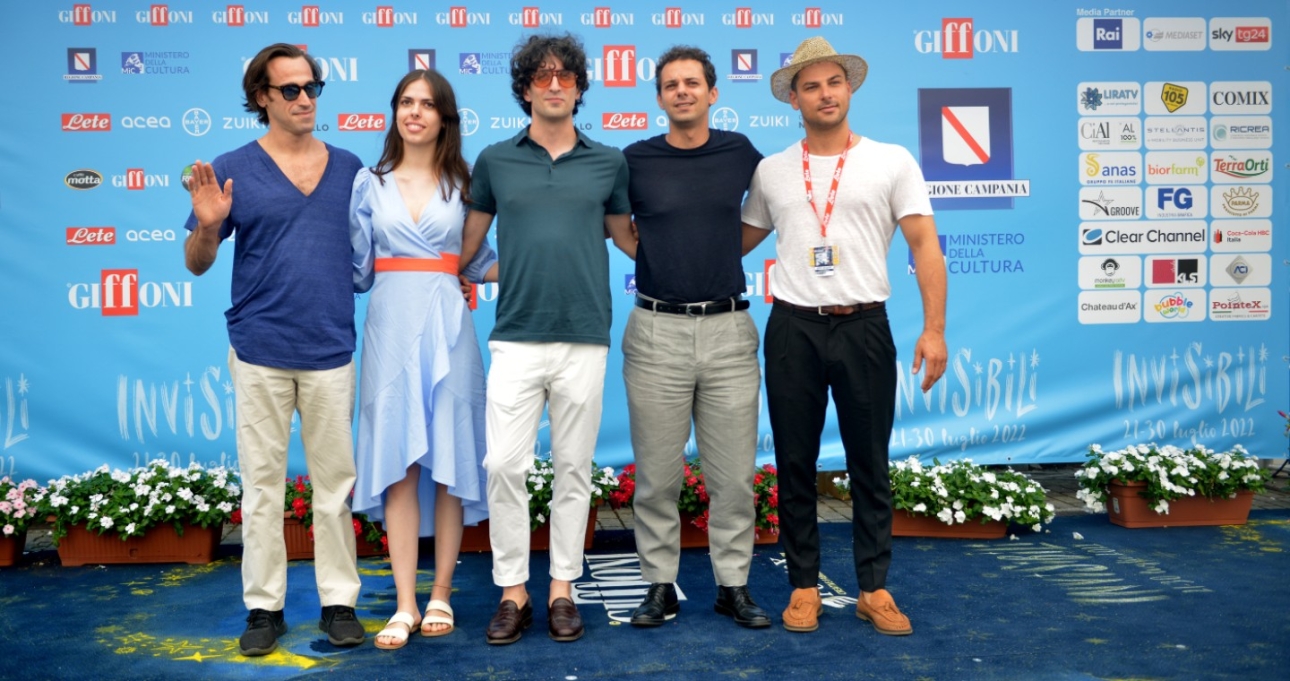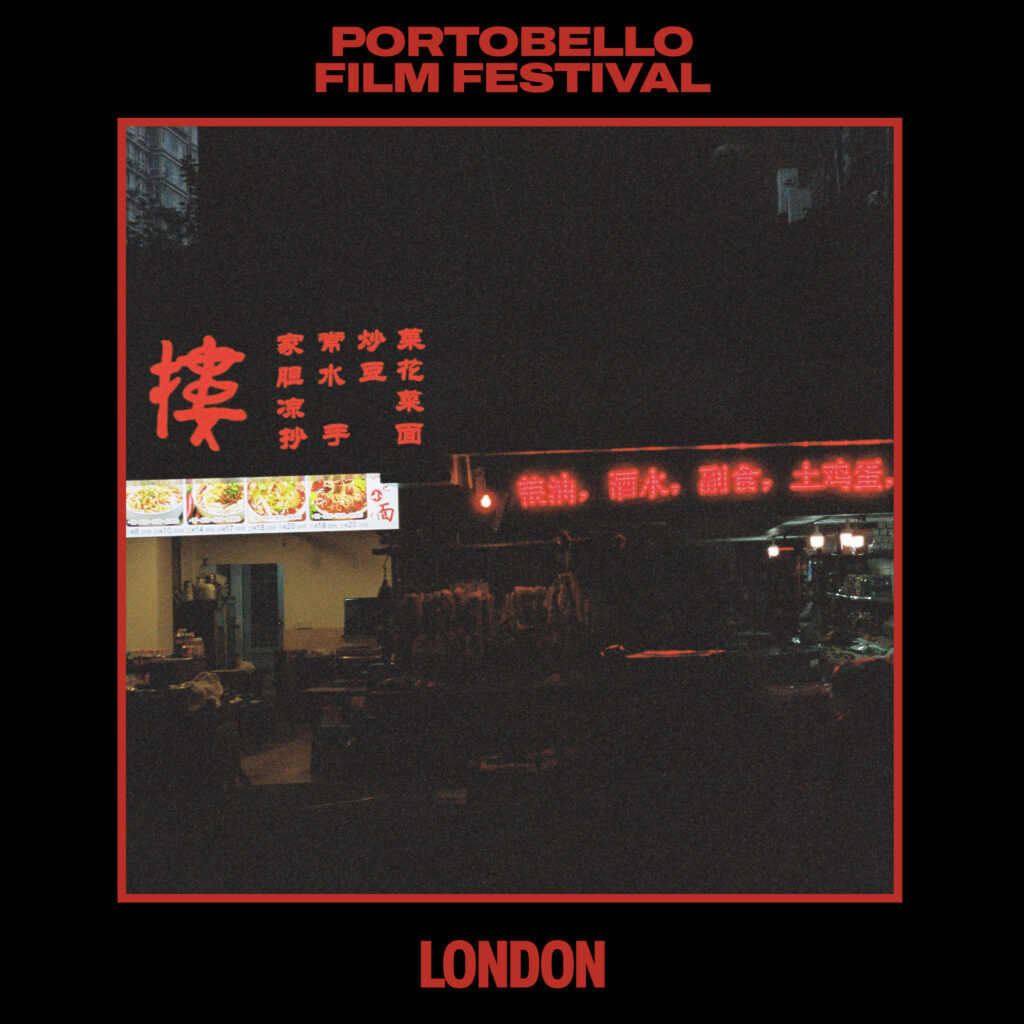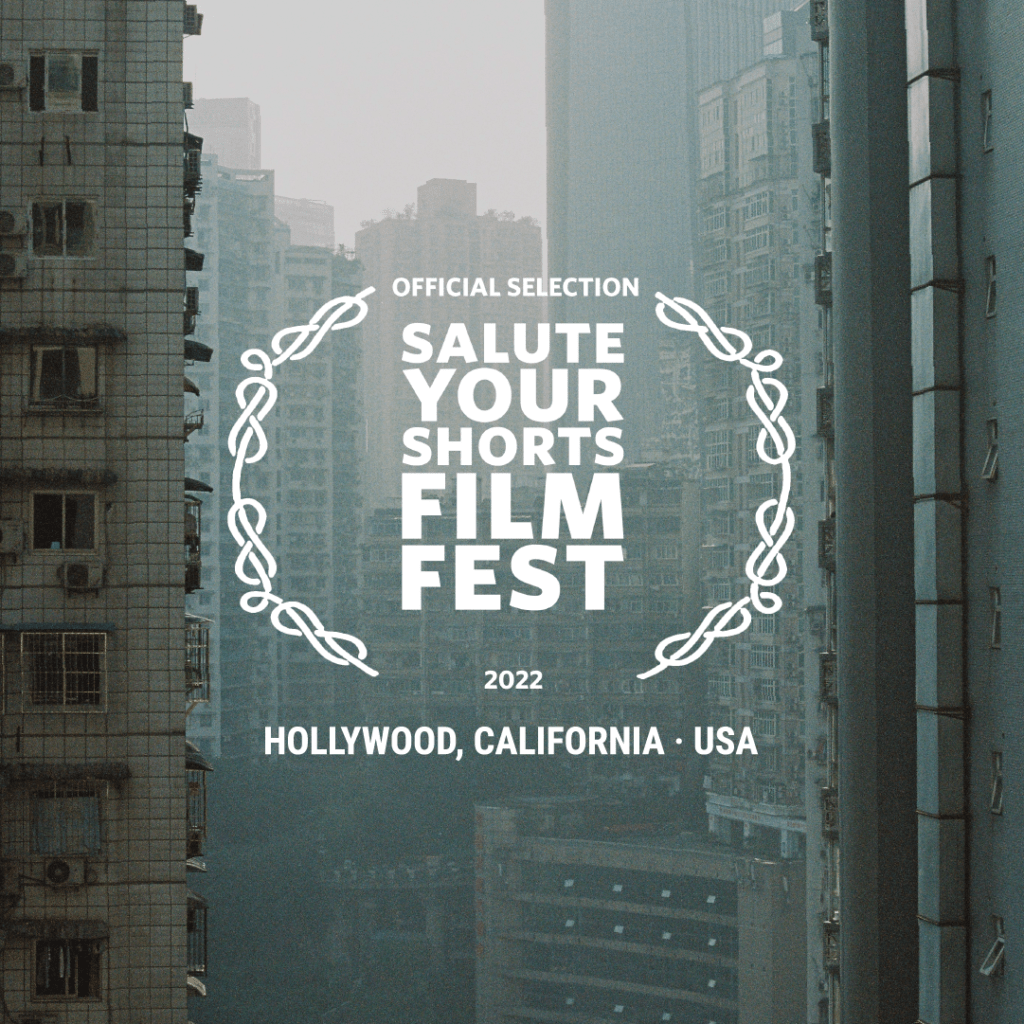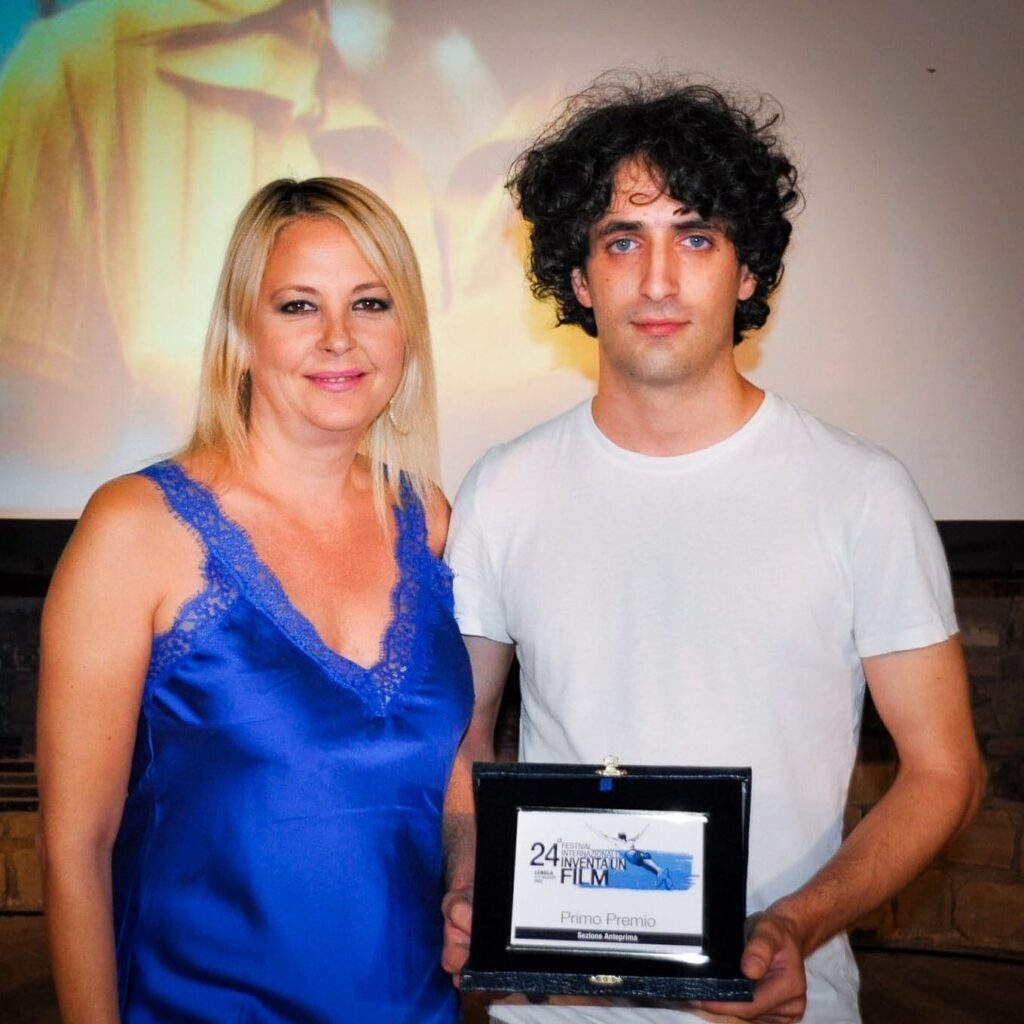The colors of the images are deliberately faded but the emotions in the Galileo Room at Giffoni have strong and bright colors. The merit goes to the short film Unica, directed by Alessandro Marzullo and written by the same with Camilla Crisciotti. With a dystopian slant throws itself into the folds of contemporaneity – social – to bring out the ferocity of aesthetic conditioning. The work, which talks about young people and is aimed at young people, was successfully presented to the Giffoners of the +18 section.
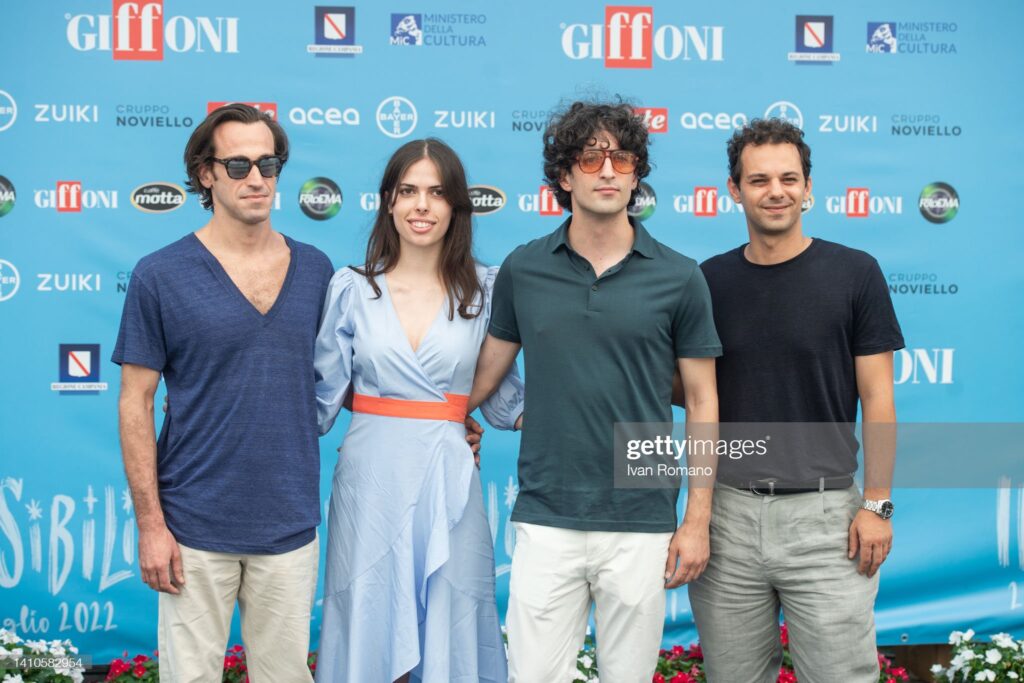
The story is set in an urban and existential dimension governed by the “Dictatorship of Beauty” considered such on the basis of an objective evaluation system that takes the name of the “Fibonacci Treaty”. Almost nothing is left to the ‘non-beautiful’, apart from the possibility of dreaming with the eyes of ‘others’ and so the protagonist, named Lili and of oriental origins, a documentary filmmaker suffering from facial angioma, decides to fight against everything and everyone to cling to life.
“We live in a world dominated by aesthetics that imposes standards and puts pressure in particular on the younger generations. With this short film – explained Marzullo – we do not want to give lessons or answers. Our goal is to reflect together with those who will have the pleasure of look at it. A reflection that you dig deep, without making discounts to the reality that surrounds us and, of course, to ourselves”.
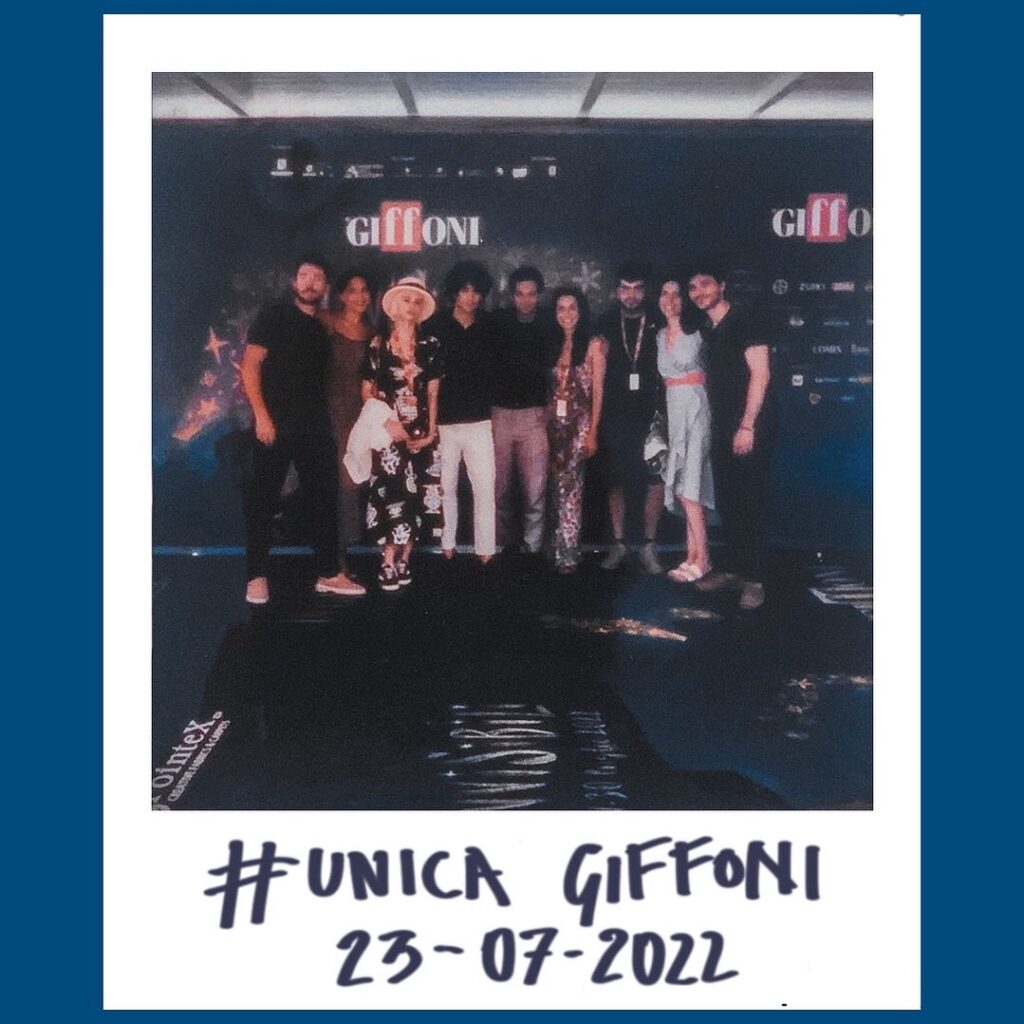
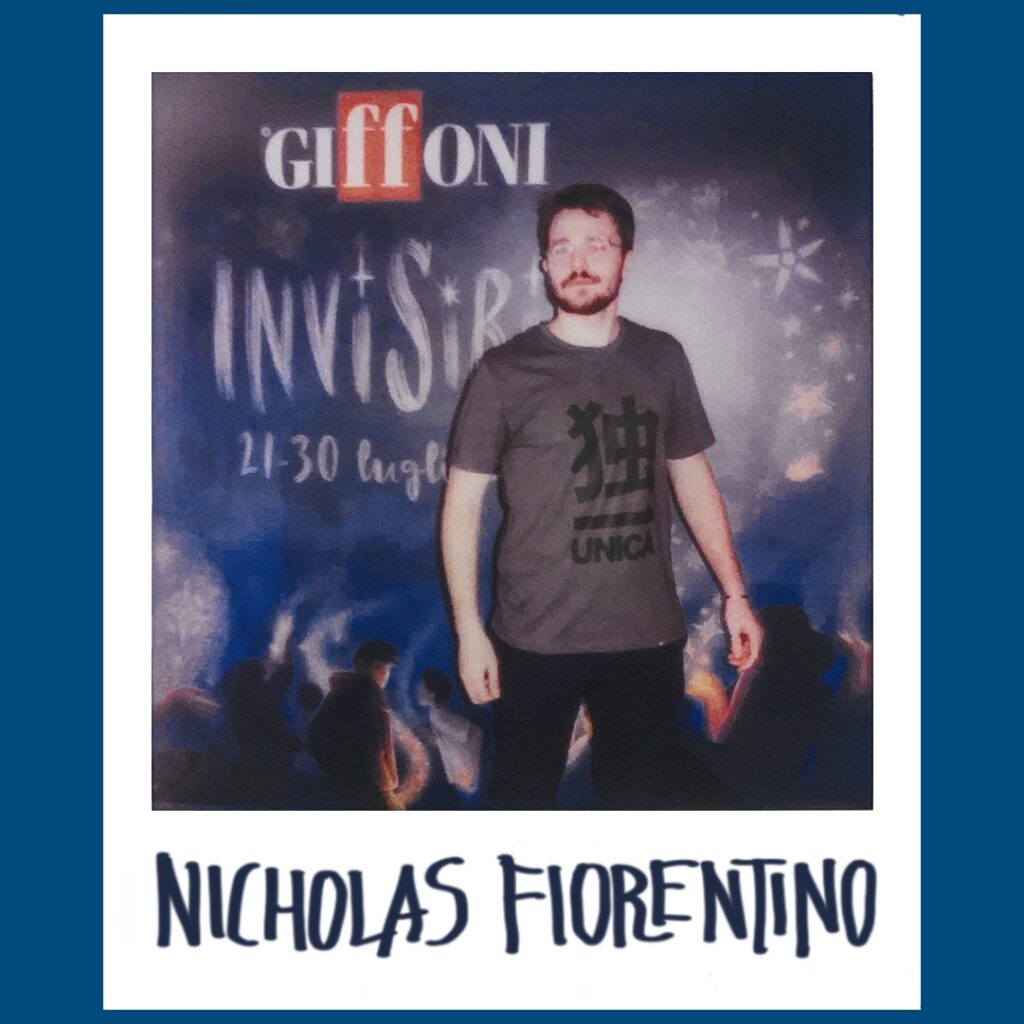
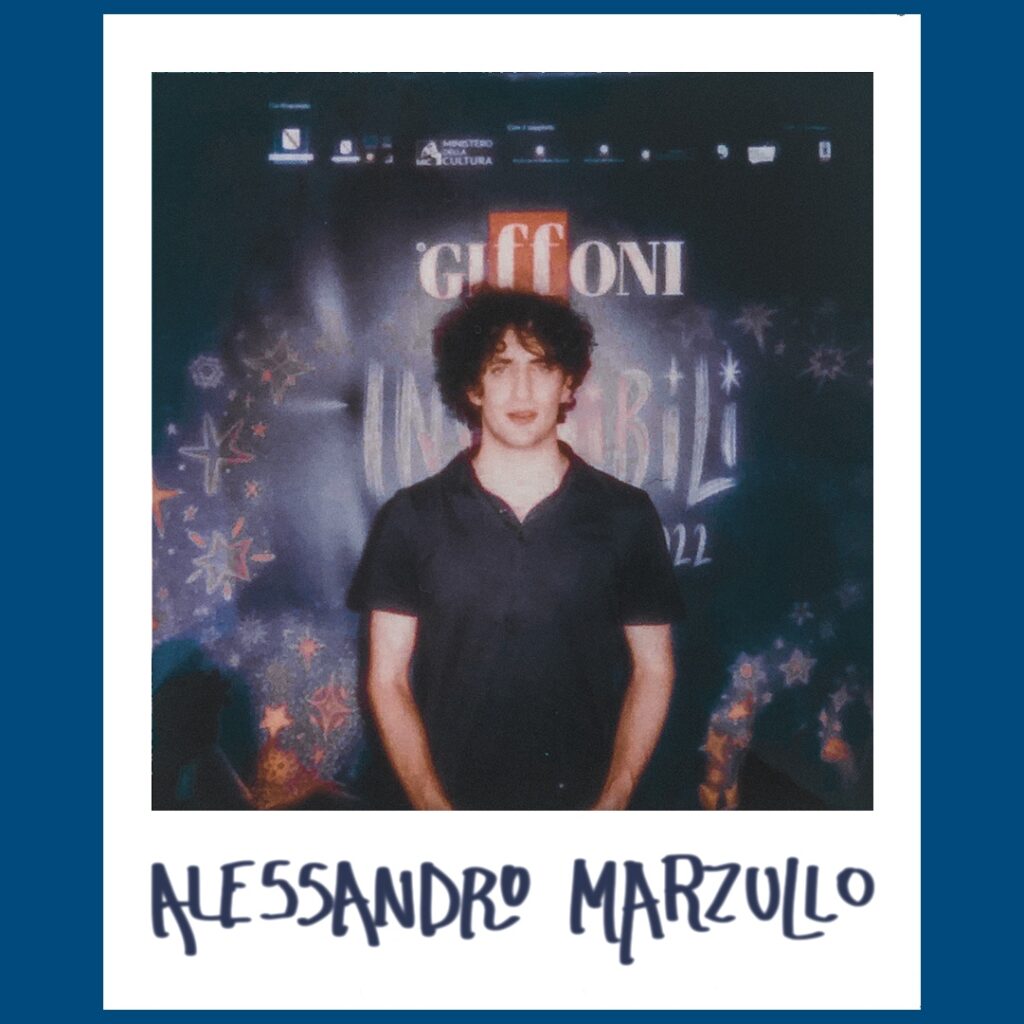
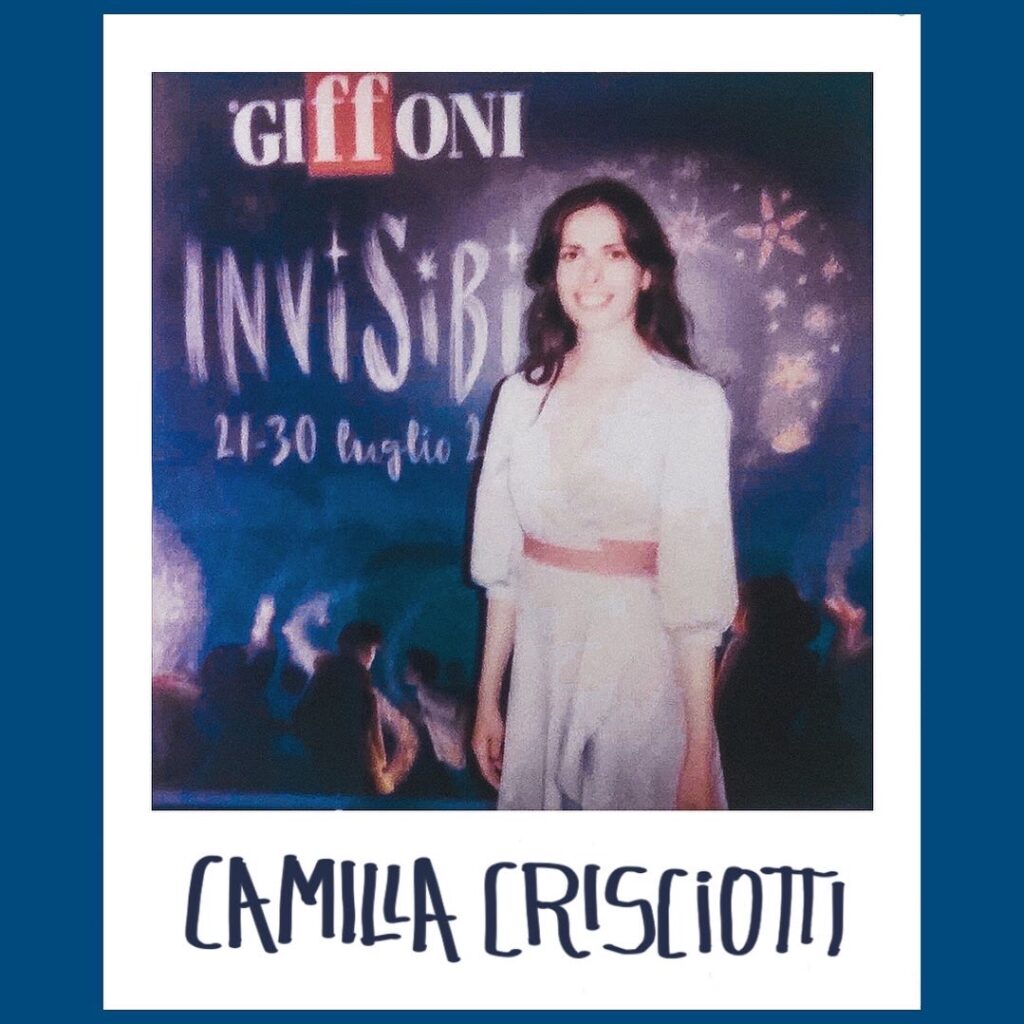
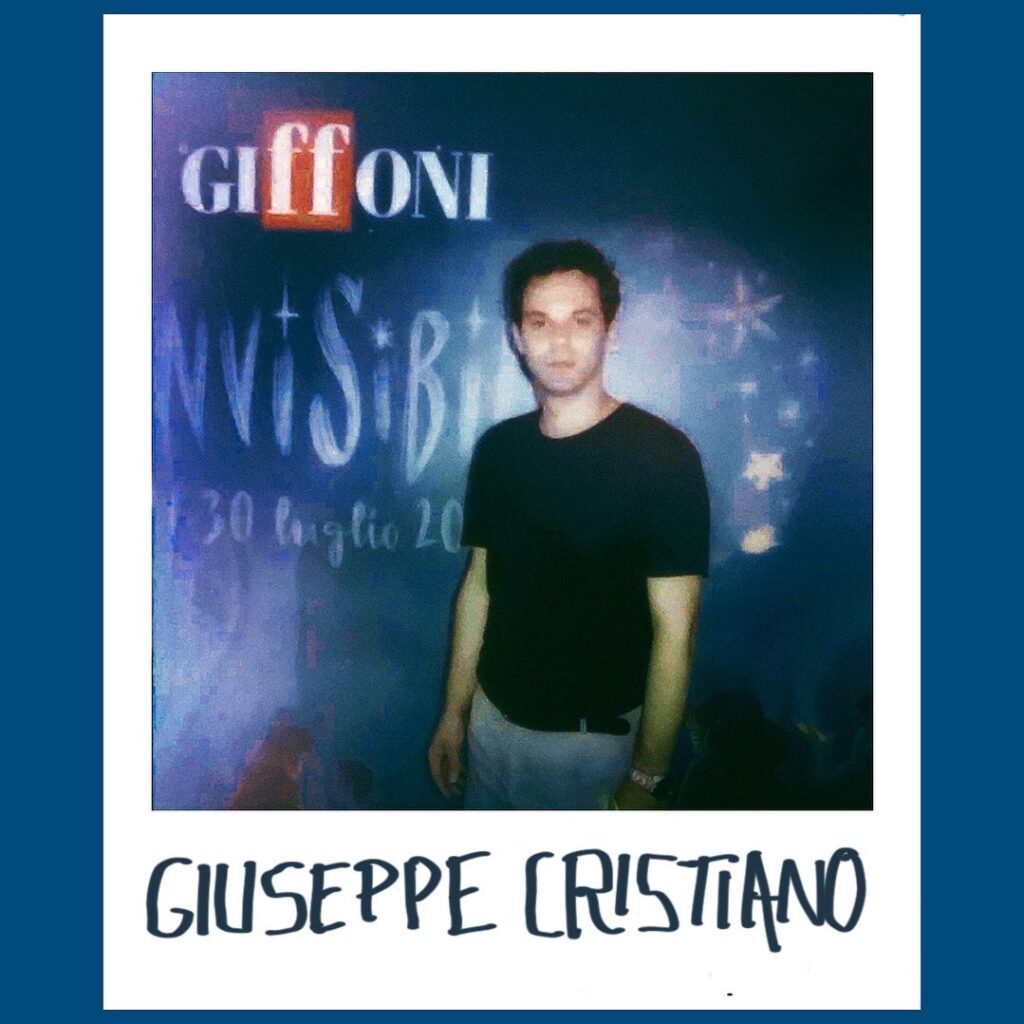
Polaroids from Giffoni Film Festival – Unica Premiere: Nicholas Fiorentino, Alessandro Marzullo, Camilla Crisciotti, Giuseppe Cristiano.
Unica is a great inner journey that crosses the prisons of existence and the cages of technology to certainly go beyond. But also, to look at those aesthetic models that compress the air in the lungs of the freedom of being. In the front row at the presentation of the short film at the 52nd edition of the Giffoni Festival, in addition to Marzullo and Crisciotti, the actor Giuseppe Cristiano and the author of the music Riccardo Amorese.
“With this work – underlined Marzullo – I wanted to tell a story that in its evident narrative forcing and dystopian exaggerations belongs to the everyday life of all of us. To understand the world, we live in it is necessary to look it in the eye with great sincerity and intensity of the field. Without inner filters “.
In short, narrow field and wide reflection: “In shooting the short film – concluded the director – I avoided panoramic shots precisely because I preferred the ‘overwhelming’ reality of the characters to the spectacular setting.”
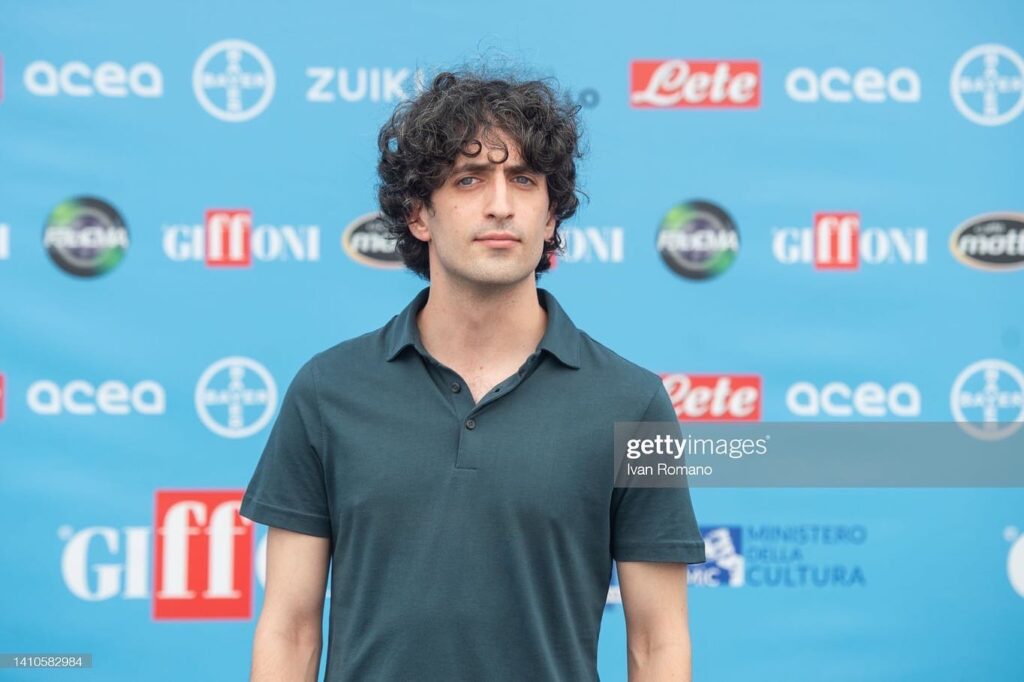
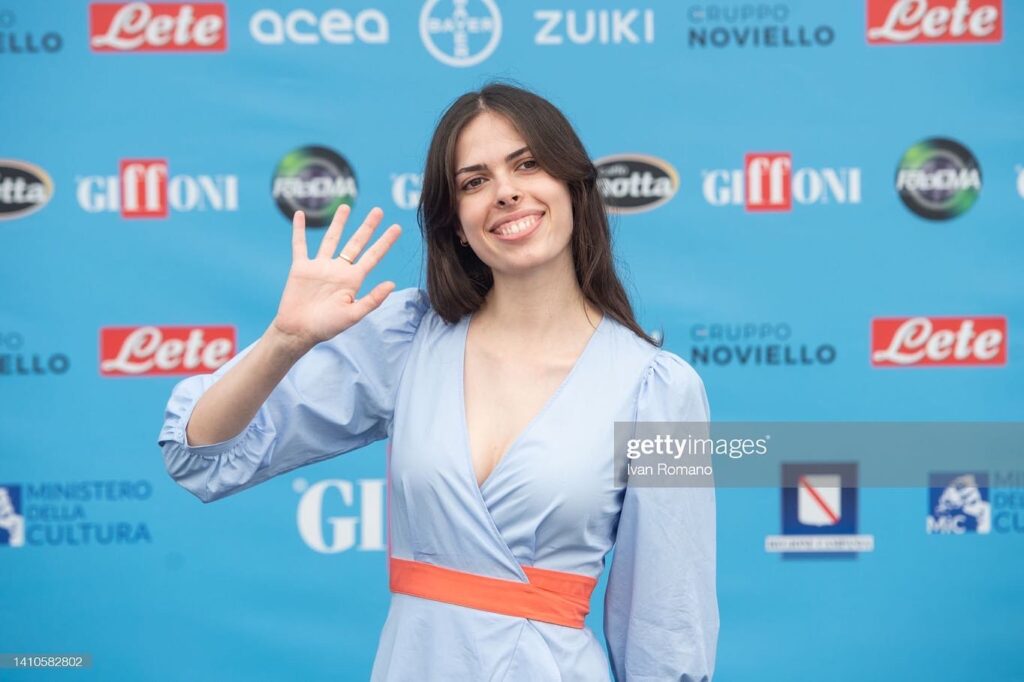
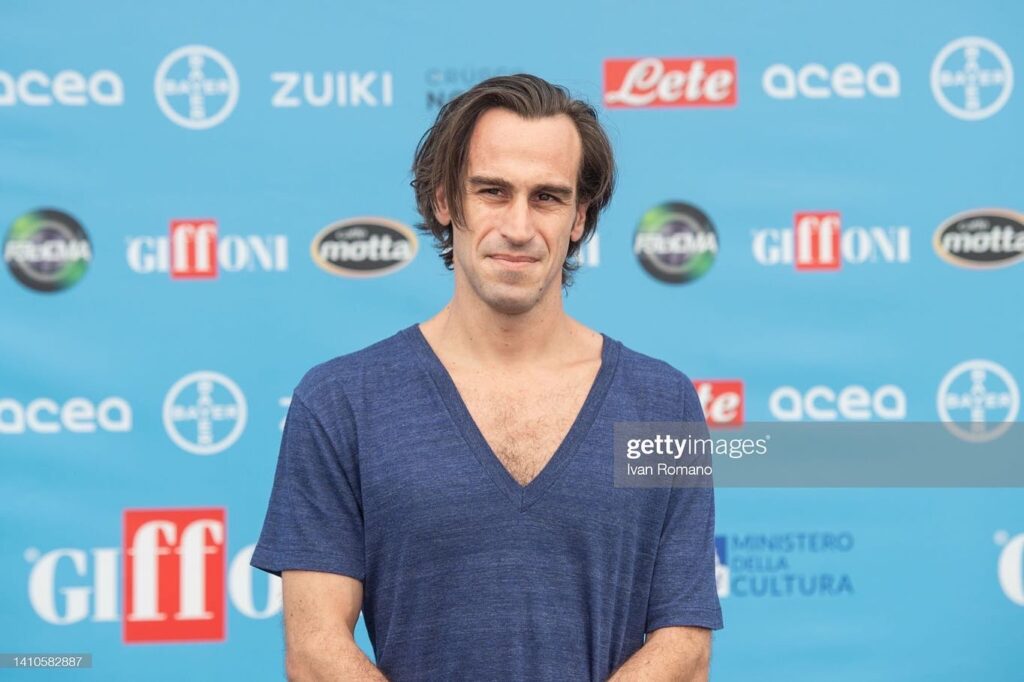
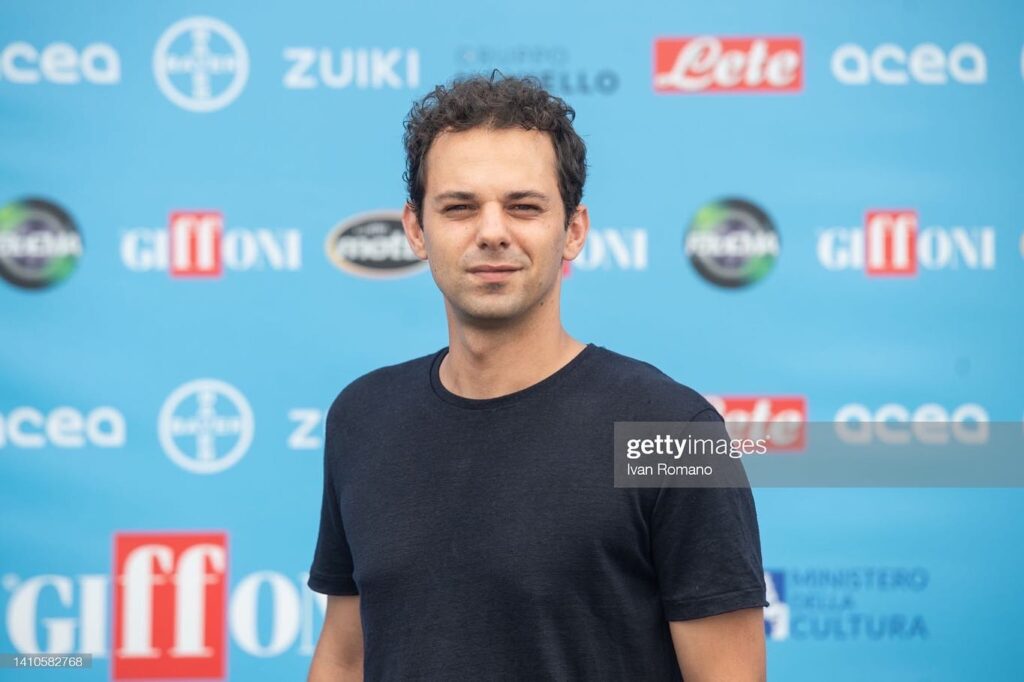
FULL ARTICLE | GIFFONI WEBSITE:
